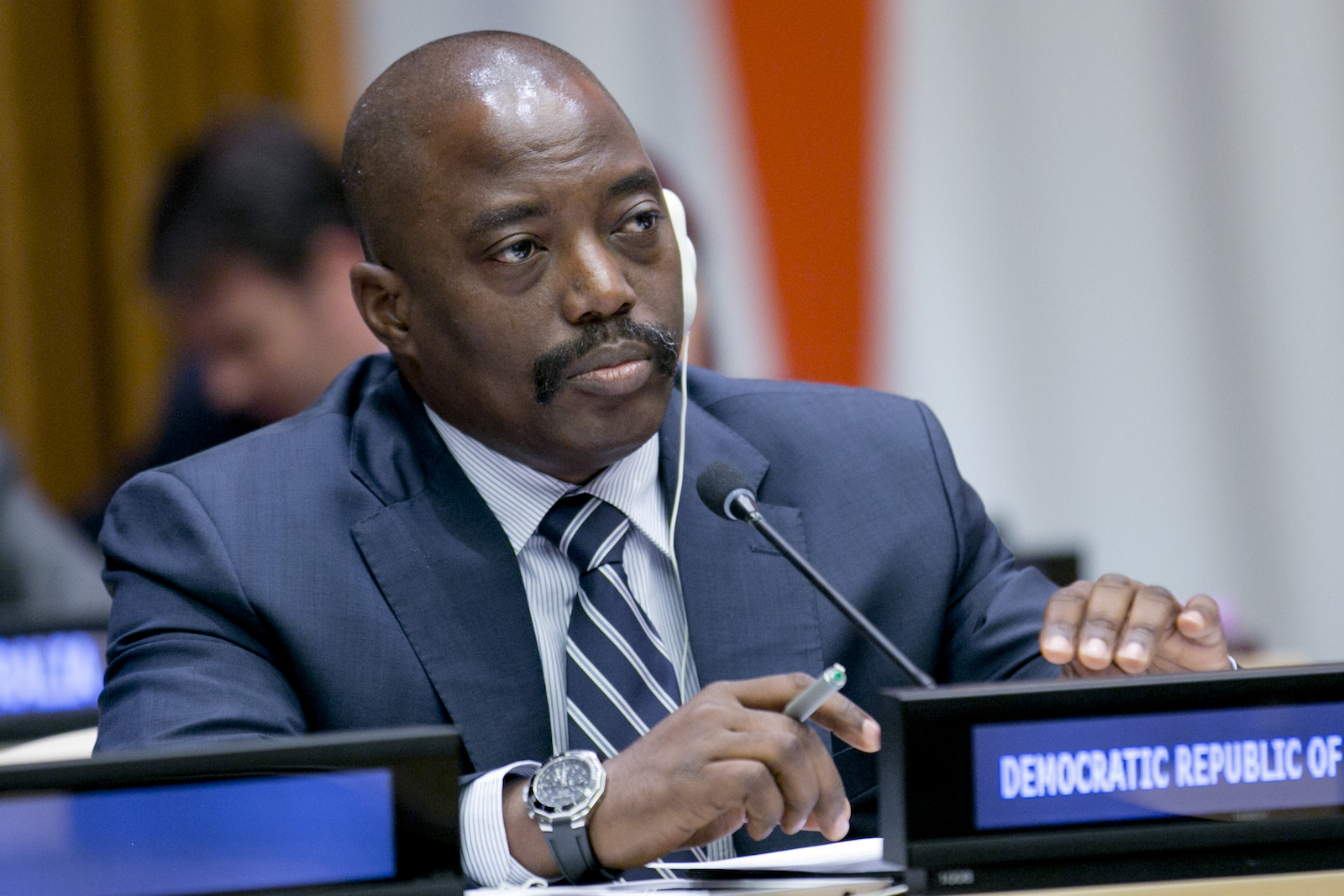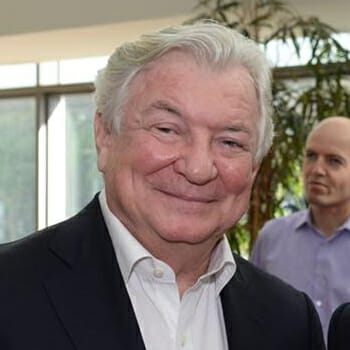
President Kabila’s Decision to Step Down from Power Should be Celebrated
After nearly 18 years in power, Joseph Kabila, president of the Democratic Republic of the Congo, is stepping down. Once he does, it will mark the country’s first-ever peaceful democratic transition of power. Given the state of politics, law, and order in the DRC and the shaky ground on which this move is made, some will be tempted to dismiss this as a fluke. But make no mistake: this is an act worthy of celebration.
The DRC is by no means a model democracy. Although he has won two elections to the presidency, Kabila was initially installed after the assassination of his predecessor – his father, President Laurent-Désiré Kabila. Elections in DRC are categorically criticized and widely perceived as corrupt and arbitrary. The impending 2018 election, which will decide Kabila’s successor, is more than a year behind schedule.
Yet these are the very reasons why President Kabila’s decision is so significant. In countries like the DRC, democratic failure is the norm. Elections are expected to fail or be ignored; leaders are virtually expected to refuse to leave office voluntarily. Especially given the violence and turmoil endemic to the region, democratic leaders have countless opportunities and excuses to hold onto power. In a setting like this, voluntarily leaving office is a radical act.
Western audiences are quick to dismiss imperfect or struggling democracies that do not resemble their own. But the political, social, and economic environment in Sub-Saharan Africa is enormously different from any other region. Democracy, while a noble pursuit, requires vast infrastructure, organization, and consistency that are not readily available in a place like DRC. We are quick to forget that it took many centuries of chaos and bloodshed before most European countries could achieve true rule of law, let alone modern democracy.
We also forget that beyond institutions, democracies are largely driven by their leaders and the precedents they set. Here in the U.S., we have mythologized the Founding Fathers, not only for their lofty vision but also for concrete actions that set long-term precedents for how power is wielded. American democracy did not begin with the Constitution; it began when victorious General Washington made the radical decision to relinquish control of the military to civilian hands. That action was necessary in order for the Constitution, and everything that followed, to come into being.
President Kabila has no precedent to turn to. His democracy is young, and it is growing, and young democracies are impressionable. This transition – the first of many, I hope – could be the precedent that holds the key to a fully realized democracy anchoring itself in DRC in the future.
I would like to add that even America, which remains the gold standard for democracies everywhere, is not airtight. Recent events have shown that democratic institutions are only as strong as the people who run them, and they can be mismanaged, ignored, or discarded like in any other government. Indeed, a number of Western nations, including ours, today face heightened polarization and a return to the sort of casual disregard for democratic norms that we generally associate with developing democracies. The lesson we must take from this is that even the best-crafted democracy is not invincible; it must be maintained and nourished, and led by individuals of integrity and vision and morals. We can never, ever take democracy for granted.
On the flip side of this lesson is a more reassuring one: that every democratic success is a victory to be proud of. Not taking democracy for granted also means recognizing progress as progress. When an election is cleaner than the last, when the press is made more free, when a leader steps down even though he has the ability not to – that is progress.
The Founding Fathers did not invent democracy or sow it overnight; their ideas emerged from a broader period of renaissance and enlightenment, and that light emerged out of a vast period of darkness. Central Africa has seen and continues to see, great darkness. We must be vigilant in watching for the light that peers out from the fog, so we can find it and nurture it. If we look only for bonfires, we will miss the bold sparks that could be kindled.
